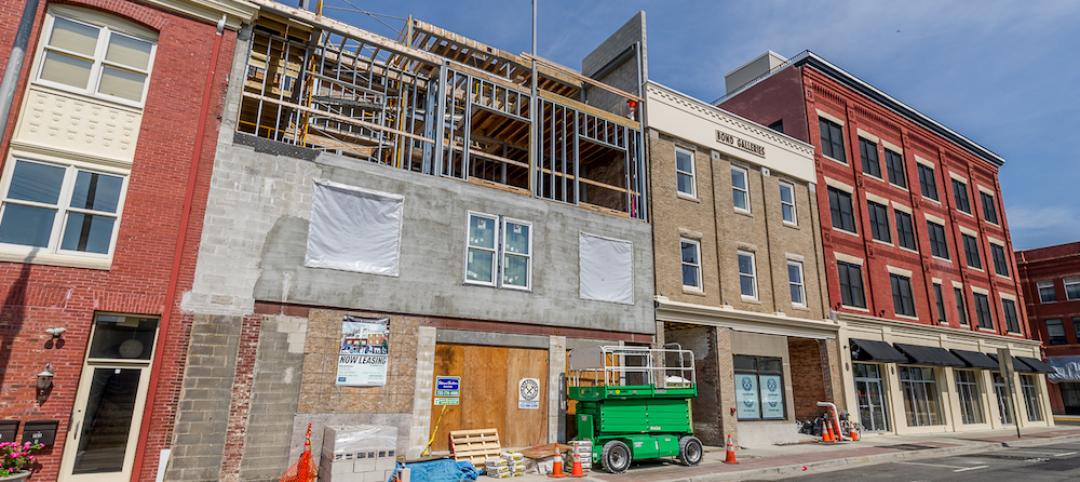The U.S. Department of Energy recently launched the zero energy schools accelerator, an effort to develop cost-competitive zero energy school design.
Six school districts, two states, and several national organizations are working collaboratively on the effort. DOE defines a zero energy building as “an energy-efficient building, where on a source energy basis, the actual delivered energy is less than or equal to the onsite renewable exported energy.”
The program’s goal is to quickly make Zero Energy K-12 schools more mainstream. Participating school districts commit to developing their own zero energy plans for a district project within a year. They can also engage with fellow states and school districts, and gain support from regional and national organizations.
Officials kicked off the program at a school in Arlington, Va., that features advanced next generation energy efficiency and renewable power features, including solar rooftop and geothermal heating and cooling systems. Zero Energy schools have the potential to save 65%-to-80% in energy consumption, depending on climate the zone, DoE says.
Related Stories
Concrete | Jun 13, 2016
American Concrete Institute releases new Guide to Shotcrete
Includes information on application procedures, testing.
Healthcare Facilities | Jun 10, 2016
Top 10 health technology hazards include some influenced by space design
ECRI Institute’s annual list includes operational and workflow issues.
Codes and Standards | Jun 9, 2016
Supreme Court ruling could aid developers on properties containing wetlands
Unanimous decision allows landowners to take regulatory decisions straight to court.
Green | Jun 8, 2016
TD Bank Group's renovated Toronto office is first WELL-Certified project under WELL v1
The newly renovated 25,000-sf space achieved gold-level status.
Concrete | Jun 7, 2016
Concrete Institute publishes document providing concrete curing guidance
New curing monitoring techniques included.
Energy | Jun 7, 2016
Energy modeling payback typically as short as one to two months
Energy modeling is a ‘no-brainer—like checking MPG on a car’
Green | Jun 2, 2016
USGBC offers new LEED pilot credit: Building Material Human Hazard and Exposure Assessment
For assessing human health-related exposure scenarios for construction products.
Resiliency | Jun 1, 2016
Federal agencies boost standards for more resilient construction
HUD, FEMA, GSA, Army Corps of Engineers make policy changes.
Green | May 31, 2016
Miami Beach requires developers to meet green standards or pay a fee
Applies to structures larger than 7,000 sf.
Codes and Standards | May 27, 2016
Better enforcement needed for successful implementation of energy efficiency policies
Commercial buildings the focus of recent code initiatives.
















